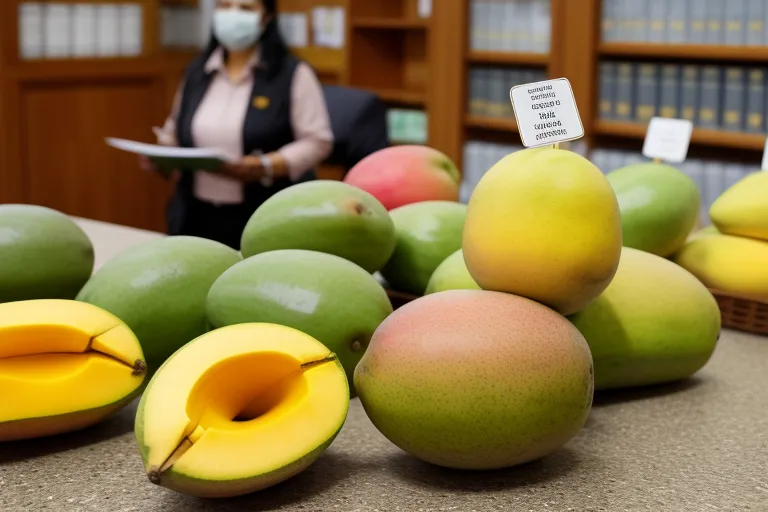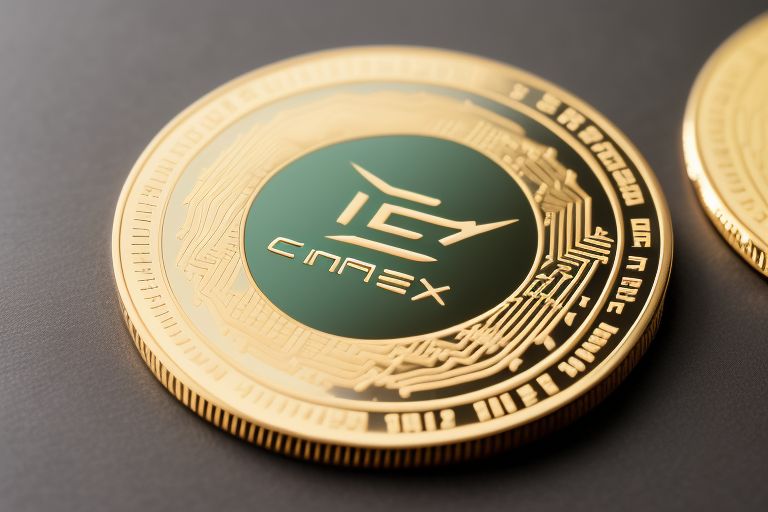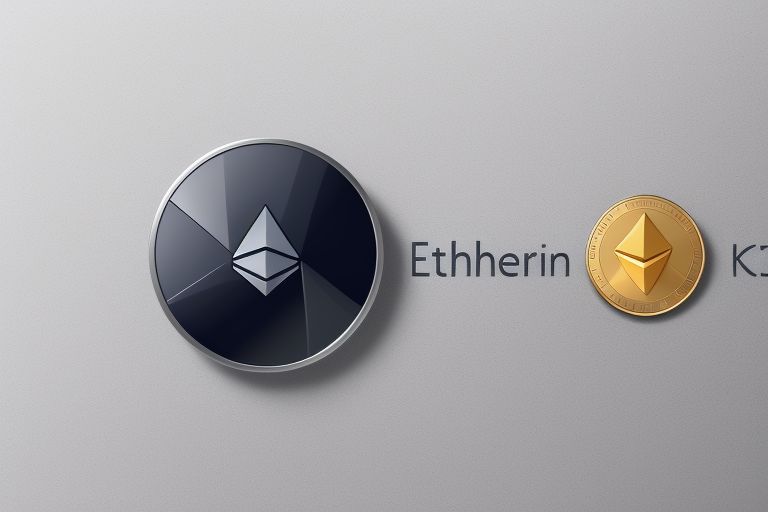Prosecutors have likened Avraham “Avi” Eisenberg’s alleged $110 million scheme against Mango Markets to a scam involving counterfeit diamond rings, portraying it as a contemporary version of a classic fraud. However, Eisenberg insists his actions were within legal bounds.
In Manhattan’s federal court, U.S. Assistant Attorney Tian Huang argued that Eisenberg’s manipulation of cryptocurrency prices by 1,000% within 20 minutes on October 11, 2022, amounted to fraud and market manipulation. “He presented himself as owning a significant amount of assets to Mango Markets, effectively deceiving the platform,” Huang stated.
Furthermore, Huang accused Eisenberg of borrowing over $110 million in cryptocurrency under false pretenses, equating his actions to theft. Eisenberg, on the other hand, has consistently denied exploiting Mango Markets, claiming his highly profitable trading strategy constituted legitimate market actions.
Eisenberg’s defense, led by lawyer Sanford Talkin, countered the accusations by highlighting the risk Eisenberg took by investing $13 million of his own money, which he could have completely lost if the trade had gone sour. “His trading strategy was risky, transparent, and could have resulted in significant losses. It was a gamble visible to anyone who chose to look,” Talkin emphasized.
The defense also pointed out that the nature of blockchain transactions allowed for transparency, suggesting that Eisenberg’s trades were open for anyone to counter if they had noticed and chosen to do so. They maintained that Eisenberg executed a successful trade without any covert actions.
In October 2022, Eisenberg manipulated the value of Mango Markets’ native token, MNGO, against USD Coin, subsequently taking out large loans against the artificially inflated price of MNGO, leading to a significant drain on Mango Markets’ funds.
After returning $67 million in various cryptocurrencies to Mango Markets a few days later, Eisenberg admitted to his actions on social media, claiming they were lawful and sanctioned by the platform’s smart contracts. Despite the return of some funds, Mango Markets pursued a lawsuit against Eisenberg for $47 million in damages plus interest.
The outcome of Eisenberg’s case is being closely watched by the crypto community, with some experts suggesting it could have broader implications for the industry than other high-profile criminal trials. Crypto lawyer Gabriel Shapiro expressed concerns about the charges against Eisenberg, particularly the notion that he violated an implied loan agreement, which he argues misinterprets how decentralized finance (DeFi) operates. Shapiro’s critique highlights the complex legal questions surrounding user actions within DeFi protocols and the potential consequences for the future of the crypto industry.




















+ There are no comments
Add yours